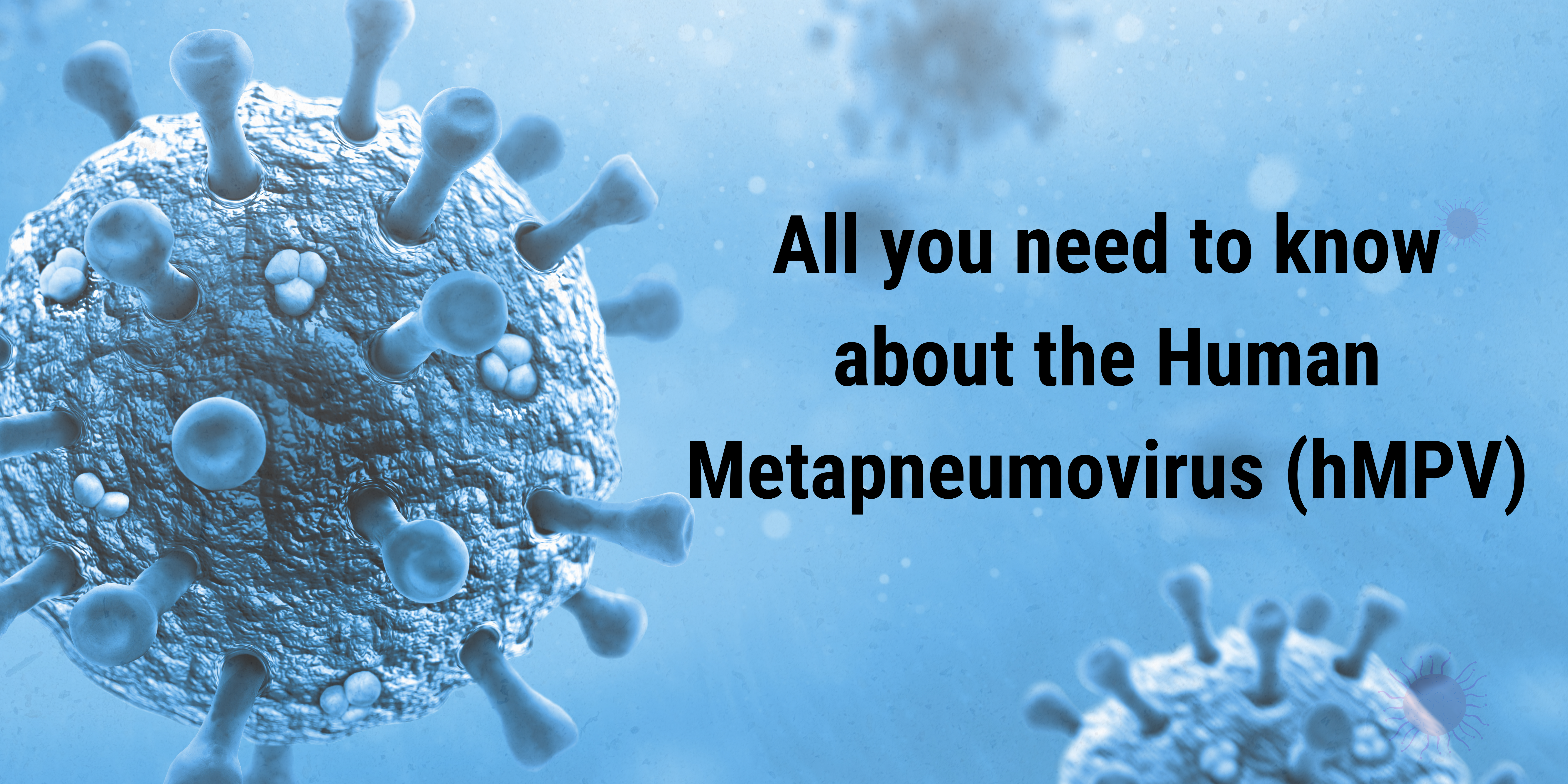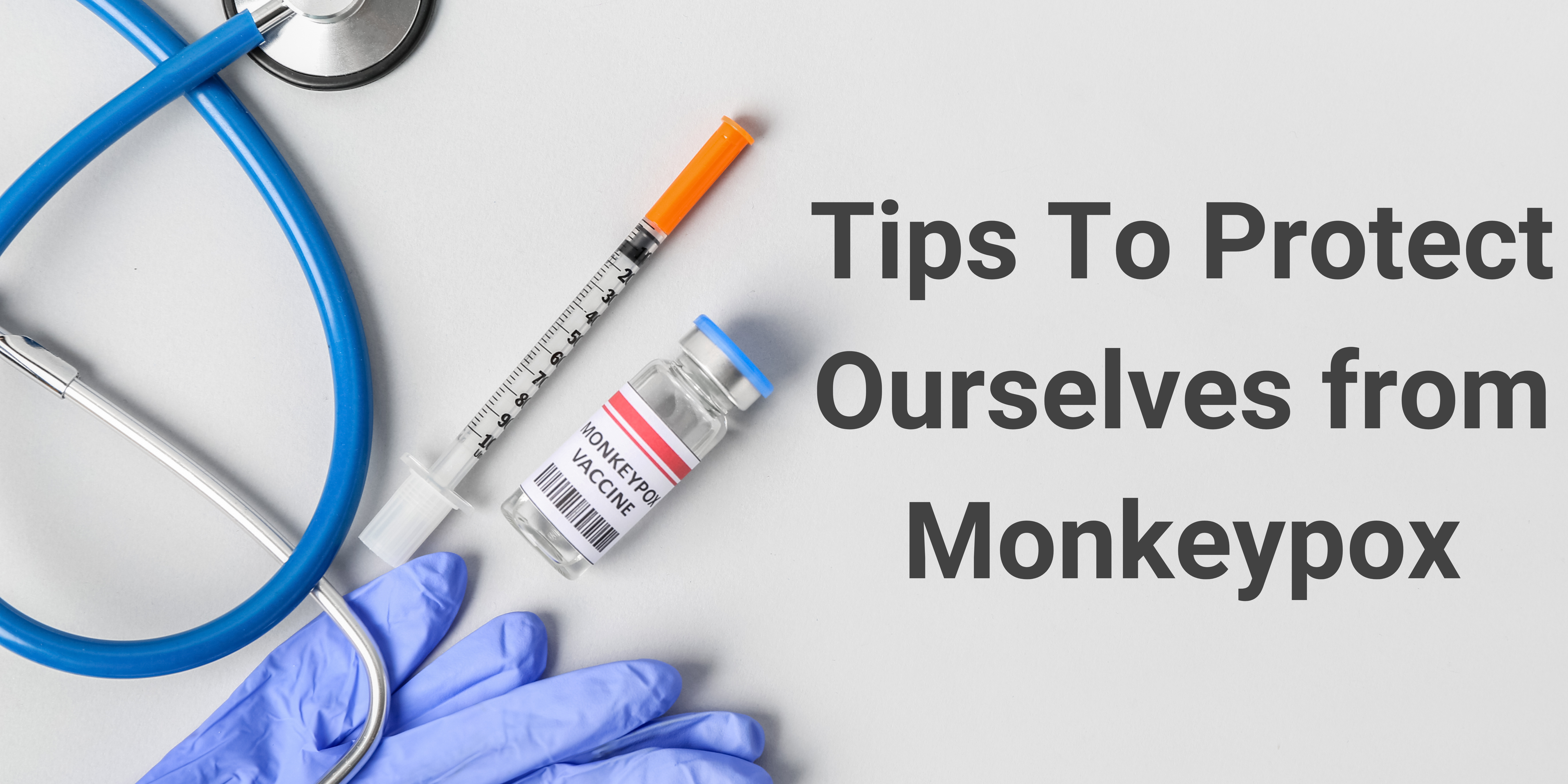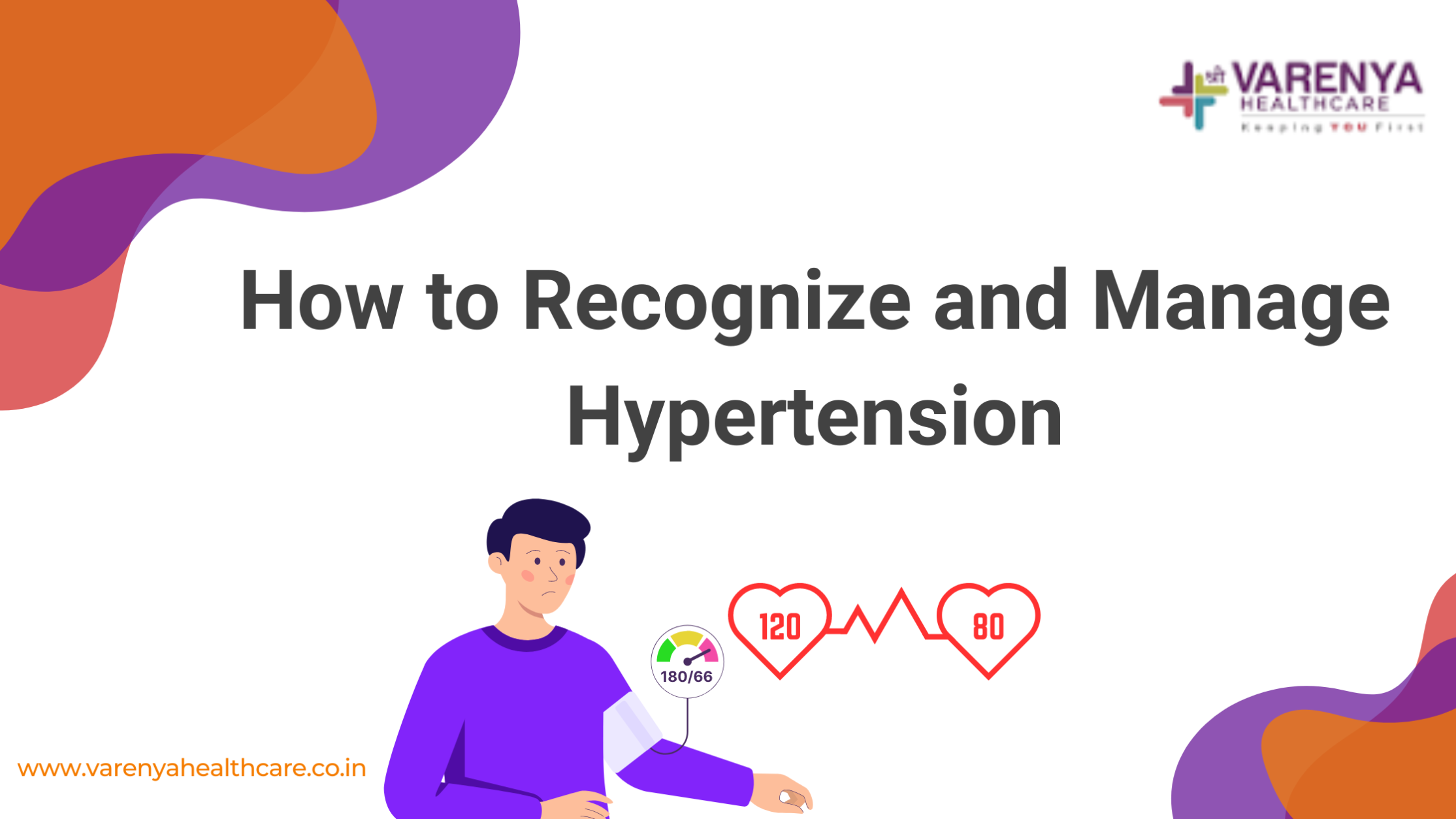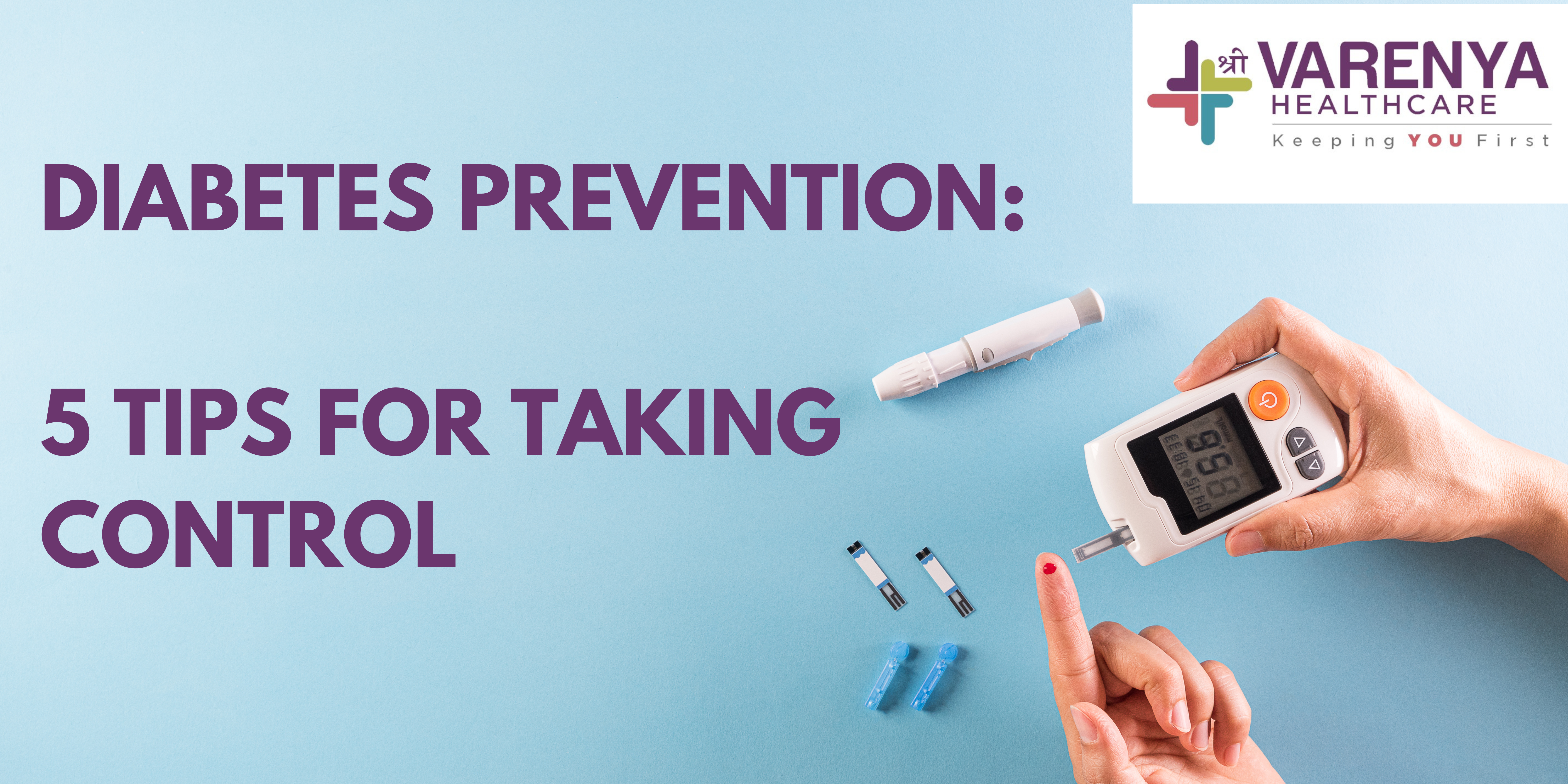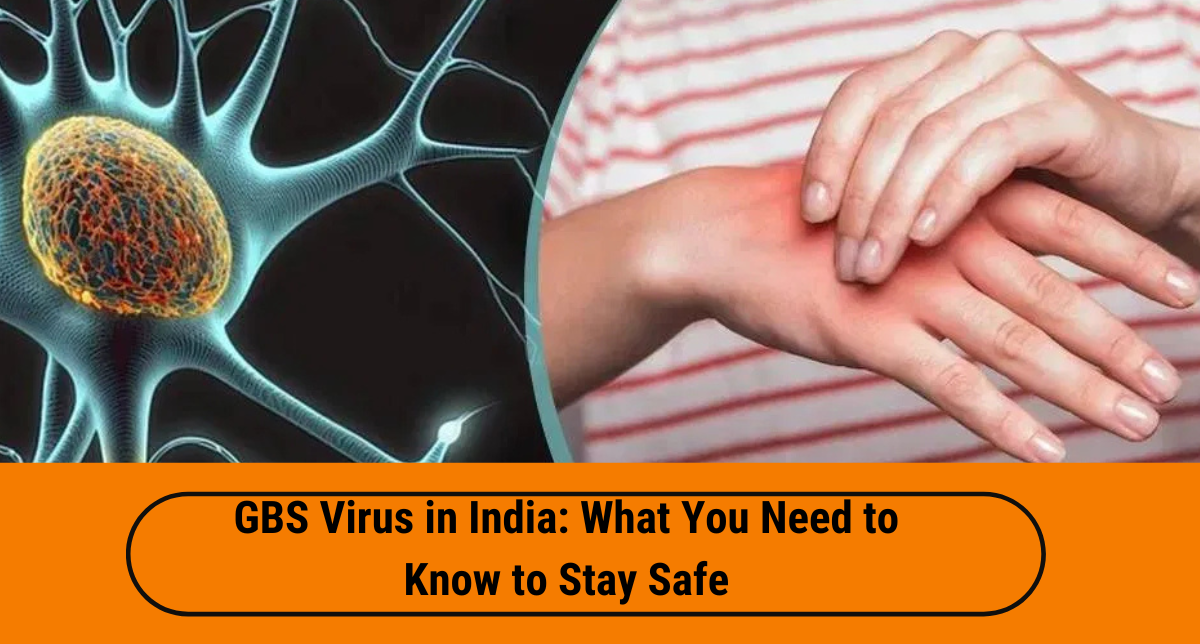
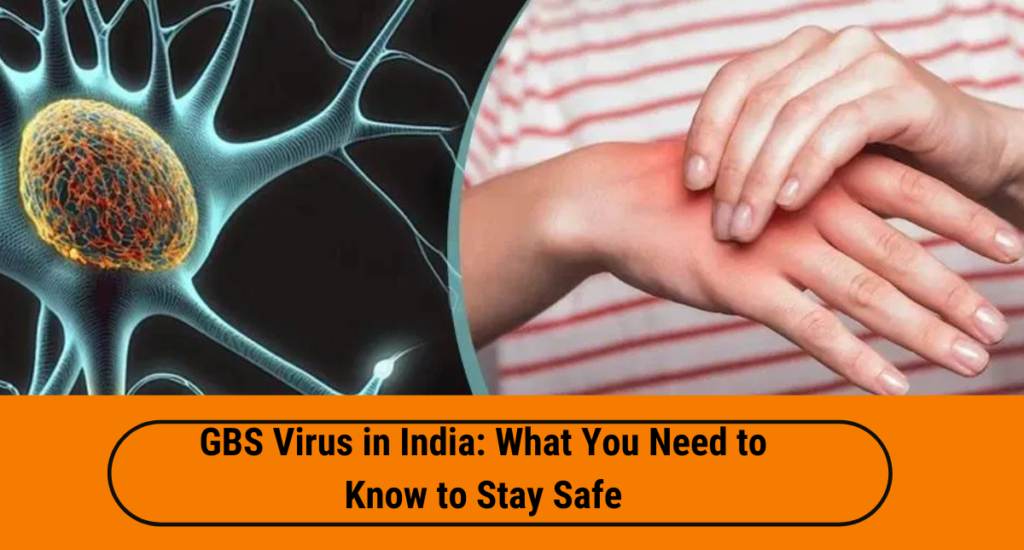 Imagine waking up one morning and feeling a strange weakness in your legs. At first, you might think it’s just exhaustion, but as the hours pass, the weakness spreads, making it hard to walk or even stand. Soon, it becomes difficult to move your arms, and in severe cases, you may even struggle to breathe. This frightening condition is known as Guillain-Barré Syndrome (GBS), a rare but serious neurological disorder that has recently been reported in several parts of India.
Imagine waking up one morning and feeling a strange weakness in your legs. At first, you might think it’s just exhaustion, but as the hours pass, the weakness spreads, making it hard to walk or even stand. Soon, it becomes difficult to move your arms, and in severe cases, you may even struggle to breathe. This frightening condition is known as Guillain-Barré Syndrome (GBS), a rare but serious neurological disorder that has recently been reported in several parts of India.
GBS is not a new disease, but the recent increase in cases has raised concerns among doctors and health officials. In Pune, over 70 people have been diagnosed, with some requiring ventilator support. In Mumbai, more than 20 cases have been reported. The situation has led to urgent investigations into the cause and possible ways to prevent its spread.
But what exactly is GBS? How does it affect the body? And most importantly, how can you stay safe? Let’s dive into the details.
What is Guillain-Barré Syndrome (GBS)?
GBS is a disorder in which the body’s immune system attacks the nerves. The peripheral nervous system, which controls movement and sensations, gets damaged, leading to weakness, numbness, and even paralysis in severe cases.
The symptoms of GBS usually start mild but can progress rapidly:
- Muscle weakness – typically begins in the legs and moves upwards to the arms and face.
- Tingling or numbness – A sensation of “pins and needles,” especially in the hands and feet.
- Difficulty with movement – Walking, standing, or even holding objects can become challenging.
- Loss of facial control – Problems with speaking, chewing, or swallowing food.
Breathing difficulties – In some cases, the muscles that help with breathing become weak, requiring medical intervention.
GBS can develop after an infection, and while it is not directly contagious, experts believe it is linked to certain bacterial and viral infections.

Why is GBS Increasing in India?
The rise in GBS cases in India has led experts to investigate possible causes. Although the exact reason for the increase is still unknown, several factors could be contributing to it:
Bacterial Infections (Campylobacter jejuni)
The most common infections causing GBS include Campylobacter jejuni, Mycoplasma pneumoniae, and Cytomegalovirus. Campylobacter jejuni is responsible for about a third of GBS cases. This bacterium can cause food poisoning; in some people, it triggers an immune response that mistakenly attacks the nerves.
How to Recognize GBS Symptoms Early
Since GBS progresses rapidly, early detection is crucial. If you notice any of the following symptoms, it’s important to seek medical help immediately:
Stage 1: Initial Symptoms
- Weakness in the legs, making it hard to walk or stand.
- A tingling or numb sensation in the hands and feet.
- Fatigue or general tiredness.
Stage 2: Worsening Symptoms
- Weakness spreads to the arms and upper body.
- Difficulty in facial movements – speaking, swallowing, or closing the eyes.
- Sharp or aching pain in the muscles.
Stage 3: Severe Symptoms
- Difficulty breathing or shortness of breath.
- Loss of bladder or bowel control.
- Complete paralysis in severe cases.
If you or someone you know develops these symptoms, especially after a recent infection, consult a doctor immediately. Early treatment can reduce complications and improve recovery.
Is GBS Treatable?
Yes! While Guillain-Barré Syndrome (GBS) can be serious, it is treatable with proper medical care. Most people recover fully, though recovery can take weeks to months, depending on the severity.
Common GBS Treatments
- Plasma Exchange (Plasmapheresis) – Removes harmful antibodies from the blood to stop the immune system from attacking the nerves.
- Intravenous Immunoglobulin (IVIG) – Uses healthy antibodies from donors to reduce nerve damage and inflammation.
- Physical Therapy – Helps regain muscle strength and movement after recovery.
- Breathing Support – In severe cases, patients may require ventilators to assist with breathing.
Severity and Prognosis
GBS may sometimes halt at mild weakness, but if paralysis spreads, it can lead to respiratory failure. Many people have died due to respiratory failure when ventilatory support was not available. In such cases, prolonged ventilation is necessary. While ventilator support can prevent fatalities, the cost of treatment is high, often requiring extended hospitalization and long-term care. However, with timely medical intervention, recovery is possible.
How to Protect Yourself from GBS
Since GBS is often triggered by bacterial l infections, preventing infections is key to reducing risk. Here are some simple ways to stay safe:
- Eat Well-Cooked Food – Avoid raw or undercooked meat, especially chicken and seafood, which may carry harmful bacteria.
- Drink Clean Water – Always consume filtered, boiled, or bottled water to prevent infections.
- Maintain Good Hygiene – Wash your hands regularly with soap and water, especially before eating.
- Stay Away from Contaminated Areas – If you live in an area with suspected water contamination, avoid using untreated water for drinking or cooking.
- Strengthen Your Immunity – Eat a balanced diet, sleep well, and exercise regularly to keep your immune system healthy.
The recent rise in GBS cases in India is concerning, but awareness and early detection can help prevent severe outcomes. While GBS is not contagious, it can develop after bacterial or viral infections, making hygiene and food safety essential in reducing risk.
If you notice any symptoms of weakness, numbness, or difficulty in movement, don’t ignore them. Seek medical help immediately—early treatment can make a huge difference in recovery.
We can protect ourselves and our loved ones from this rare but serious condition by staying informed and taking preventive measures. Stay safe and take care of your health!
For expert medical advice and updates on GBS, book a consultation with our doctor today! Your health is in your hands—take action now.


